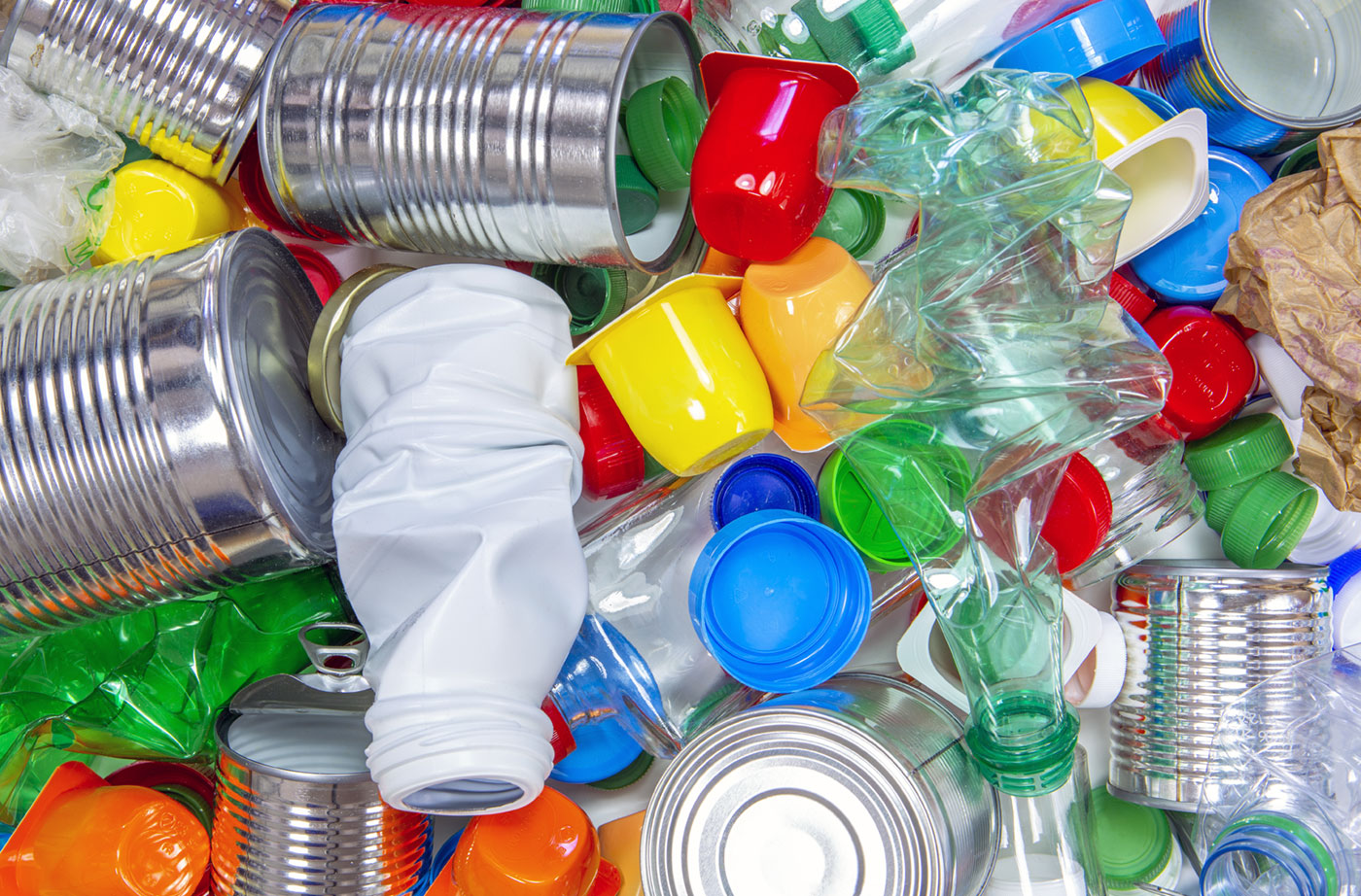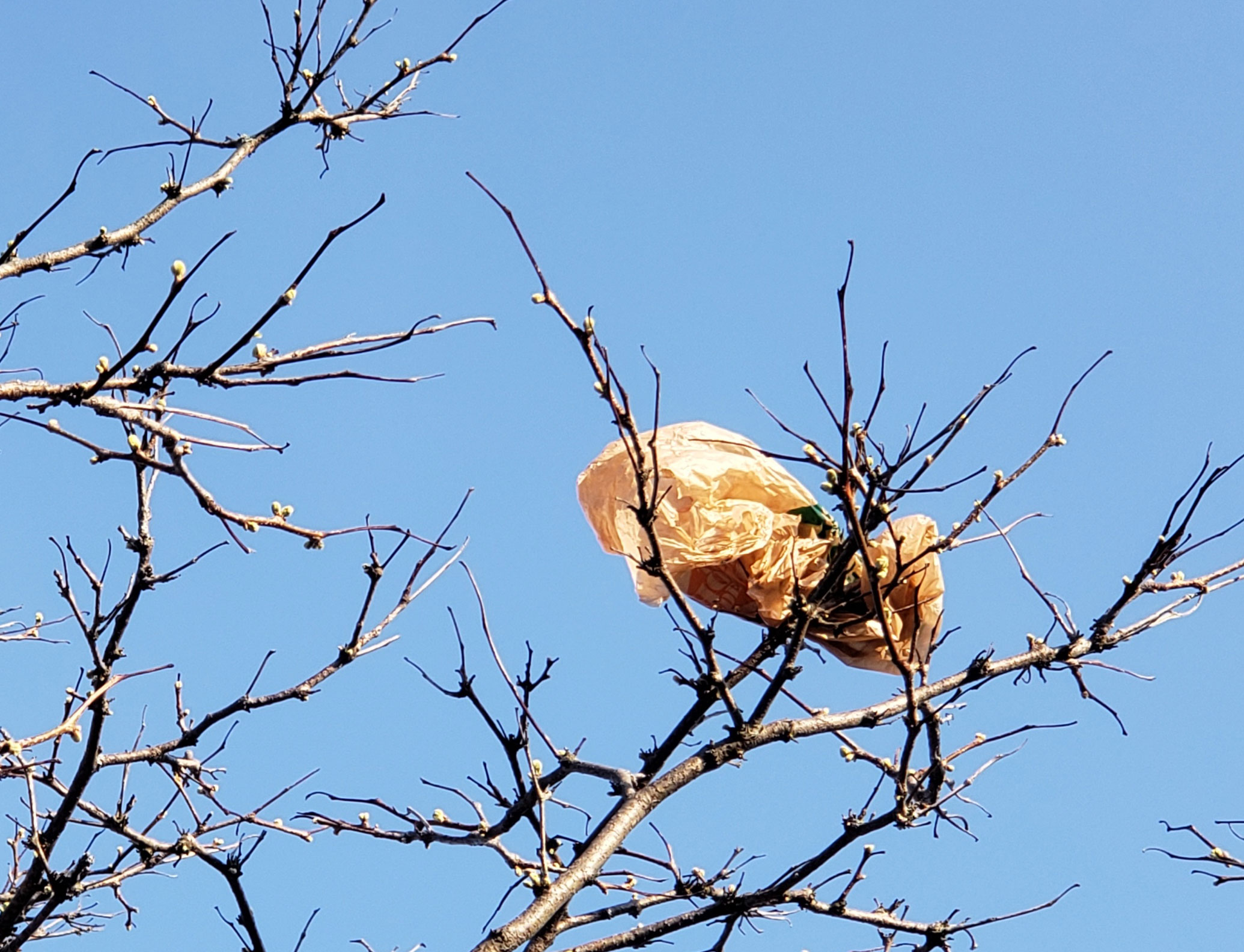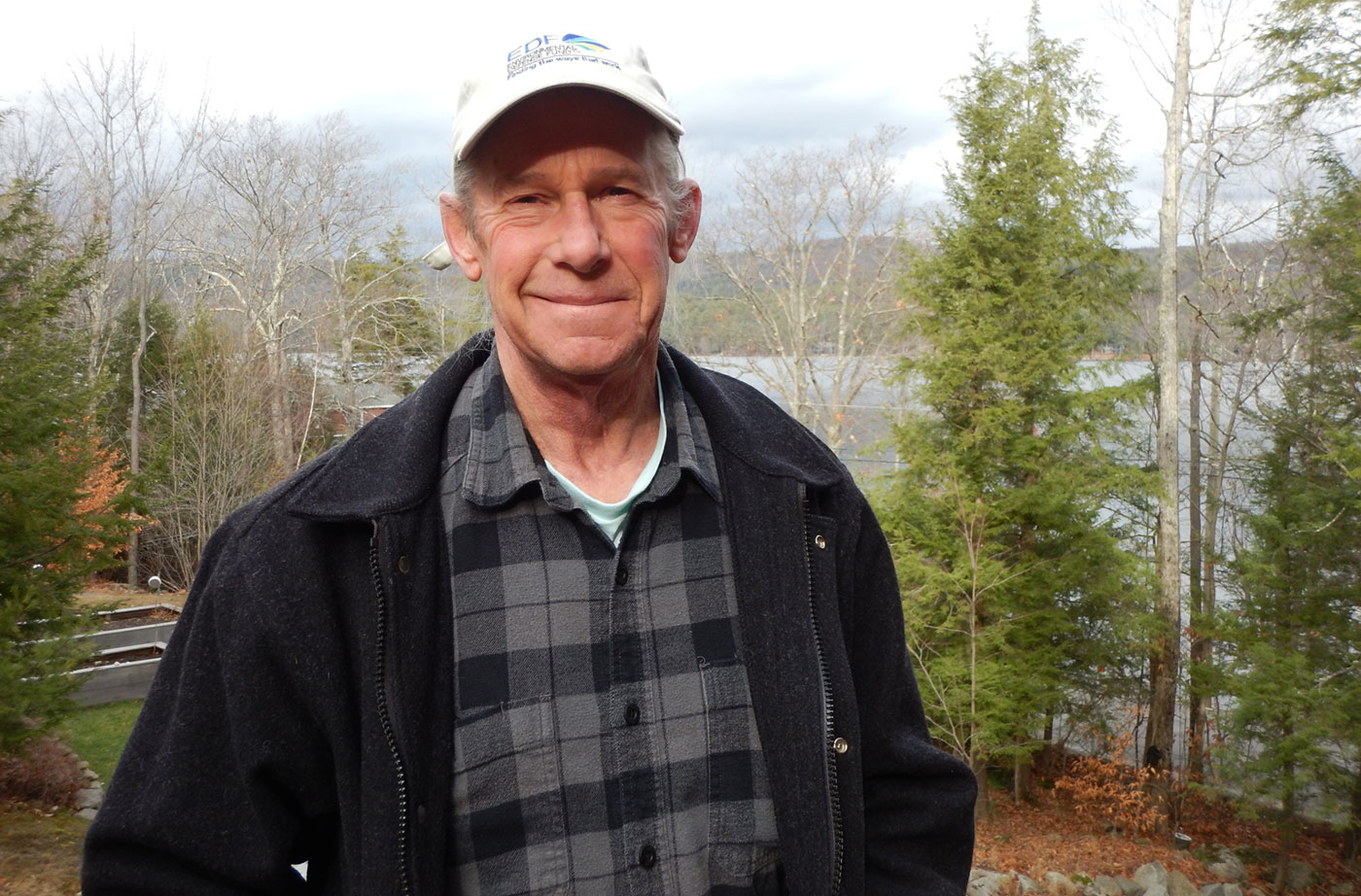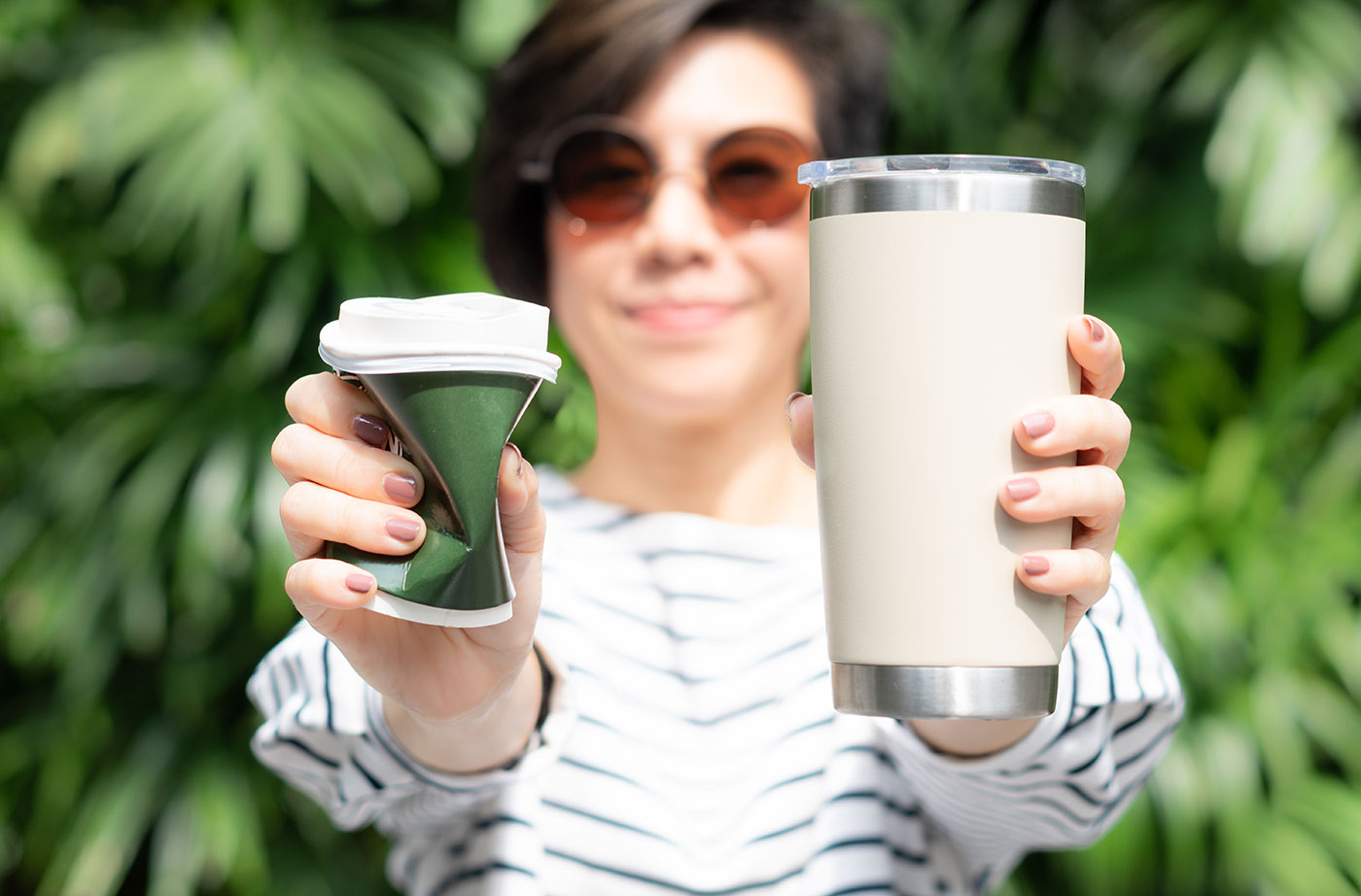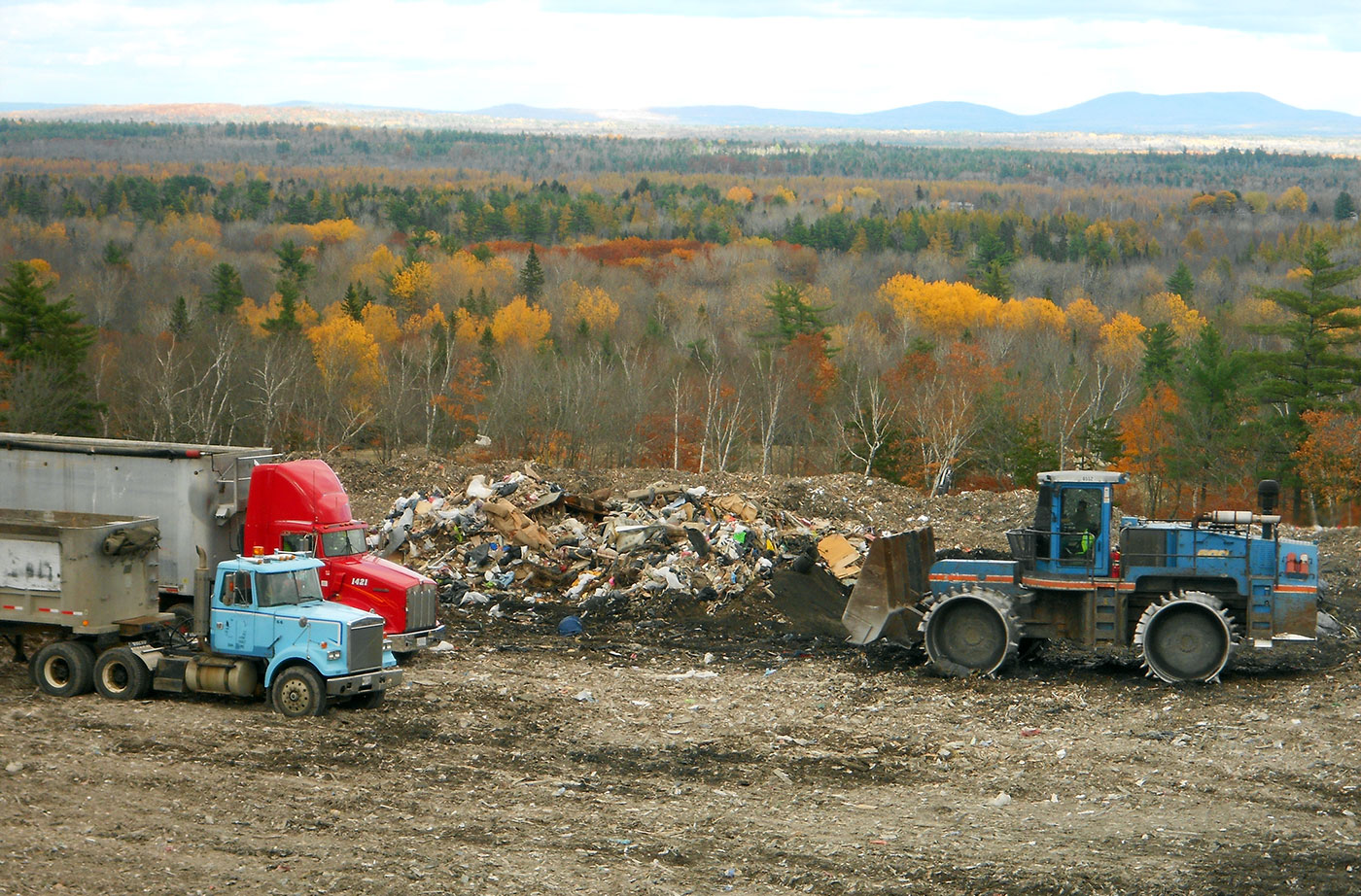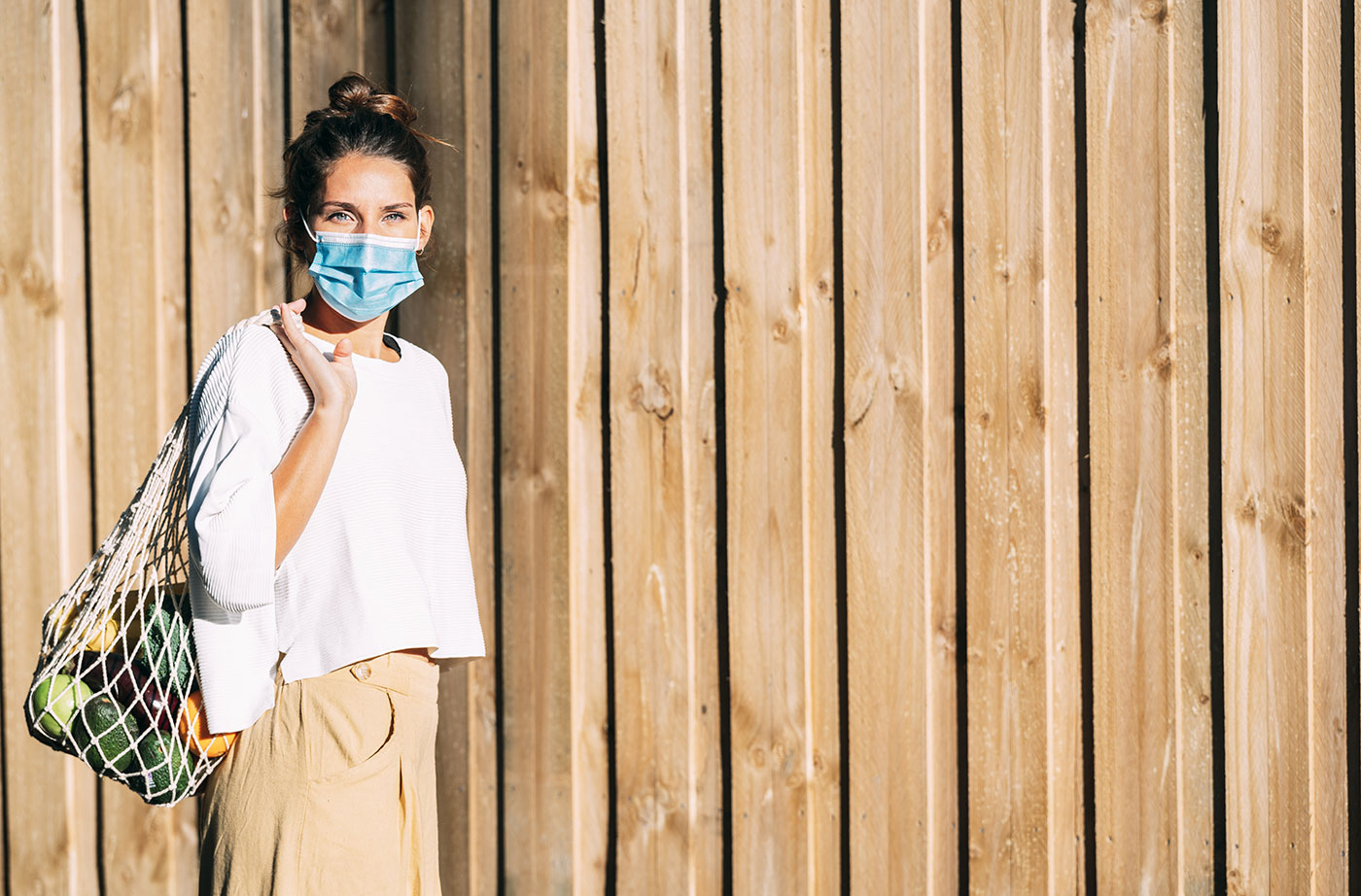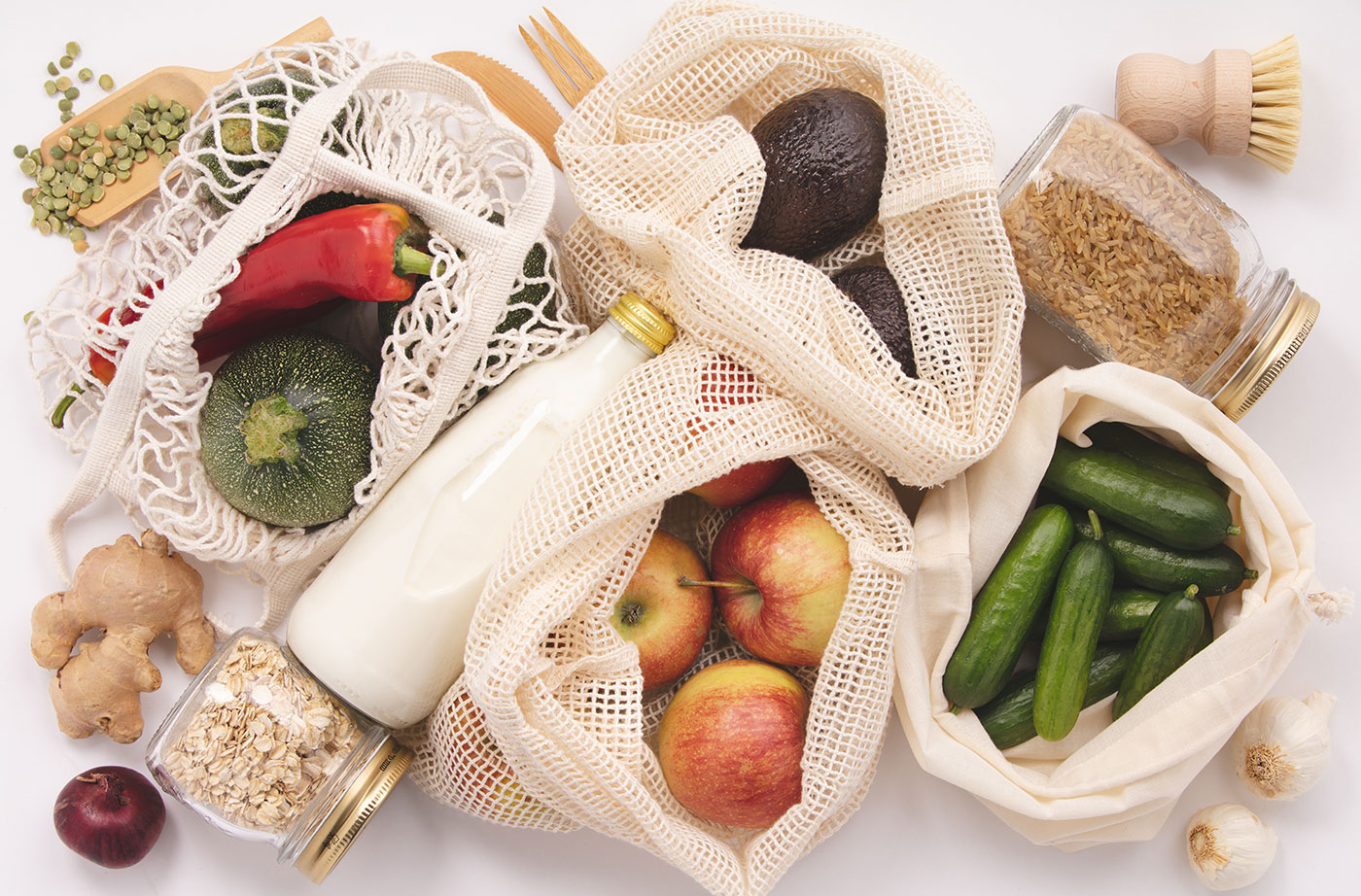The Sustainable Maine team at the Natural Resources Council of Maine (NRCM) is laser-focused on three bills that will make a huge difference in addressing serious problems and troubling trends with our recycling and landfilling system. Maine people want to do the right thing for the environment, but we need better policies in place if Read More
Sustainability
Our vision of sustainability in Maine is ensuring a healthy future for life on Earth. Maine’s clean and healthy environment strengthens the state’s economy and is central to our way of life. Holding polluting corporations accountable through systemic changes in local, state, and federal policies is the key to creating a more healthy, prosperous, sustainable future for us all.
Delays to Maine’s Plastic Bag and Foam Bans Not Based in Science
The Maine Department of Environmental Protection (DEP) has announced that it would, for the second time this year, be delaying a new law aimed at reducing plastic pollution by limiting the use of single-use plastic shopping bags. DEP also decided to delay a new law that would have prohibited foam food containers. The Natural Resources Read More
Full Circle School Lunch: From Compost to Farm to Table
The Sebago Elementary School students had a very special Maine harvest lunch. The wonderful kitchen staff prepared roasted root vegetables made from locally sourced beets, carrots, and potatoes. For dessert, apples from Douglas Hill Orchard, owned by the Lucy family, were made into a delicious apple crisp. The most special part of this fantastic meal Read More
The Climate Aspect of Plastics (and Other Nasty Tidbits of the Cycle)
Plastics! The 1970’s movie, “The Graduate,” talked about the business prospect and the future of plastics. Did anyone at that point in time have any idea how much our use of plastics would grow? Plastics have contributed to the convenience of our lives while also adding to a major pollution problem. Walk through a grocery Read More
5 Reasons Why We’re Not Crazy About Compostable Food Ware
When considering how to reduce plastic pollution, many people find compostable cups, containers, and utensils (“compostables”) to be an appealing option. We understand why: these products often claim to be “earth-friendly,” and ultimately that is what we all deeply desire. Unfortunately, the environmental impact of disposable compostable containers is not as simple and straightforward as Read More
Mainers Call for Greater Protections at State-owned Landfills
News release (September 16, 2020) — A group of Maine residents and the Penobscot Nation will call on the Board of Environmental Protection (BEP) at their September 17th meeting to support a citizen’s petition that will ban out-of-state waste from being disposed in State-owned landfills and enact greater environmental justice protections for those communities directly Read More
Why You Should Care about Landfills
There’s a hidden climate villain in Maine that you might not know about, and it’s where about 75% of our total waste goes. According to the U.S. EPA, landfills are the third-largest source of human-related methane emissions in the United States.[1] Pound for pound, methane has about 30 times more atmospheric heat-trapping capability than carbon Read More
Reusable Bags are the New Comeback Kids
Small victories need to be celebrated, particularly when you’re up against the monstrous plastic industry and fossil fuel companies. Store managers can now allow customers to bring in reusable shopping bags, according to the COVID19 Prevention Checklist Industry Guidance provided by the Maine Department for Economic and Community Development. This is a small but meaningful Read More
Participate in Plastic-free July to Help Curb Plastic Pollution
Plastic is polluting our environment, killing birds and sea creatures, and contributing to our climate crisis. But, did you know that reducing plastic is something you can do to support public health, the local economy, and human rights, too? We need to work together to turn off the tidal wave of single-use plastic waste. Plastic-free Read More







